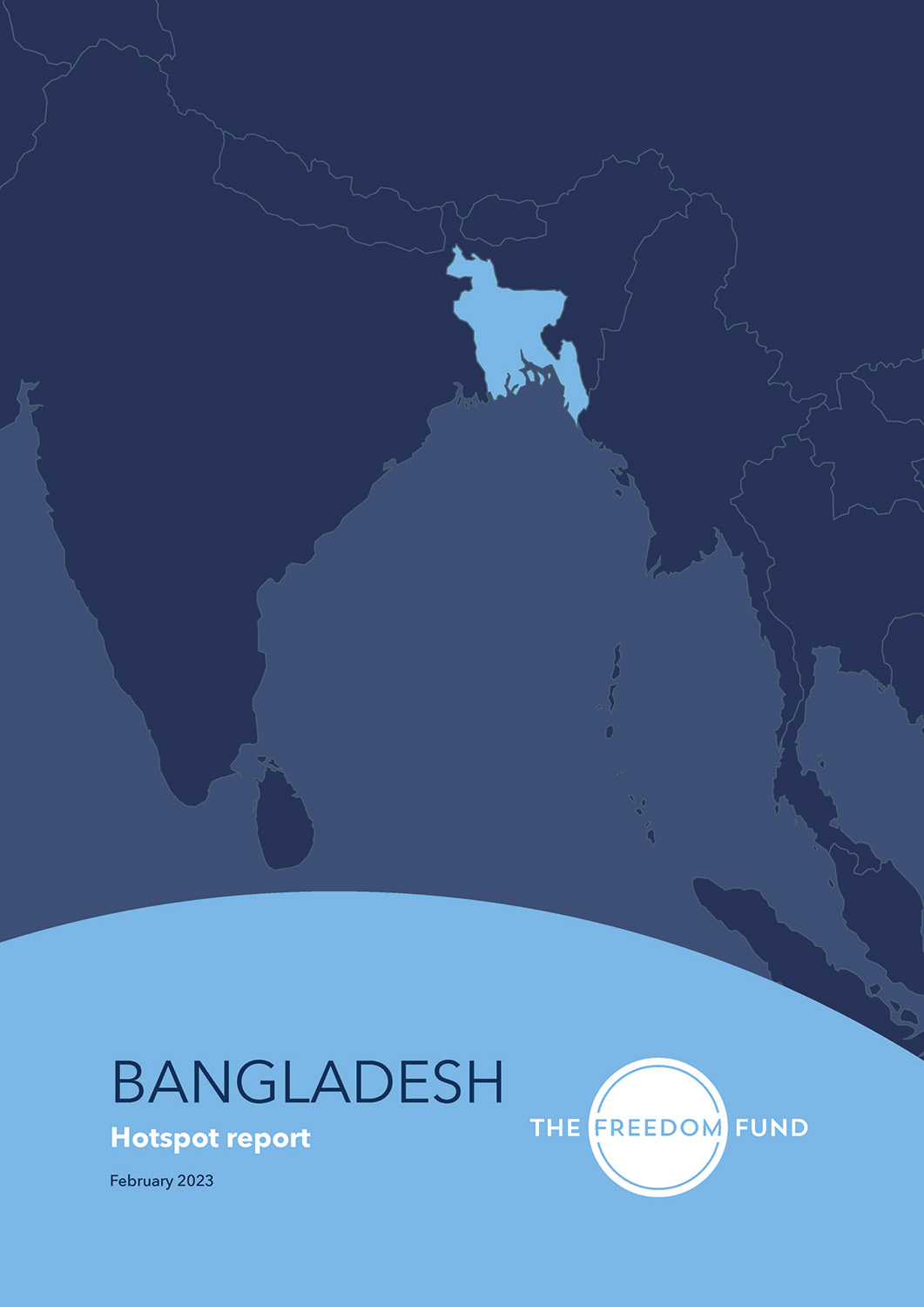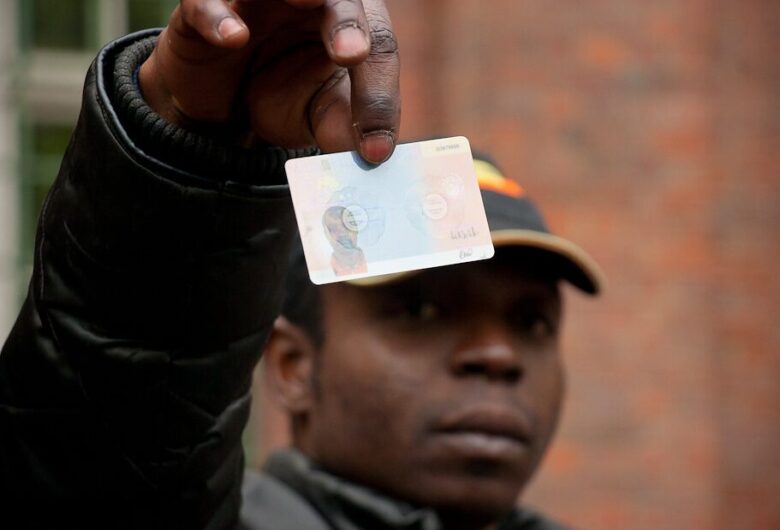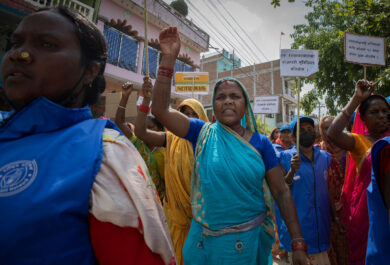Key information
- Hotspot launch
- 2021
- Total investment
- $1,062,524
- Lives impacted
- 3,723
- Focus areas
-
- Commercial sexual exploitation of children
What we do
The Freedom Fund is working with partners based in Dhaka, Faridpur and Rajbari to provide direct support to those most vulnerable to commercial sexual exploitation of children (CSEC) and to reduce the prevalence of CSEC in brothels and on the streets. Our partners are working to establish a protective network–including families, civil society organisations and government–to safeguard children from situations of sexual exploitation. The Freedom Fund supports these partners through funding and institutional strengthening to help ensure their sustainability and the impact of their interventions.

Who is at risk?
At-risk children, both in brothels and on the street, may engage in sex work in exchange for money, shelter, food, work or drugs. They are frequently subjected to high levels of violence and coercion. The prevalence of CSEC is driven by criminal impunity, gender-based violence, child marriage, bonded labour, cultural norms and exclusion from education.
Most often, the children are from impoverished and marginalised backgrounds. Children living on the street are not recognised by the government as trafficked, so are put in homeless shelters, leaving them open to further exploitation.
Providing stability
I was extremely tense regarding my future but now I am totally tension free. INCIDIN Bangladesh ensured all the basic facilities for me.
13-year-old supported by Freedom Fund partner INCIDIN
INCIDIN runs a drop in centre in Dhaka where children without a home can receive a number of services including a bed to rest in, showering facilities, psychosocial counselling, recreation time and games, non-formal education, referral and case management support. Anirban ran away from an abusive home aged 8. At age 12, he was sexually abused and exploited by pimps he encountered in the bus station in Dhaka. Anirban was also bullied and beaten by local police officials. He lived on the street for 18 months until he met INCIDIN staff who informed him about the drop-in centre. Anirban, now attends a government school. INCIDIN staff regularly consult with Anirban’s teachers on his progress. Anirban is also a proud member of INCIDIN’s Child Rights Violation Monitoring Group and reports on child rights violations in project locations.

Our approach
Our mission is to build a comprehensive, scalable and portable model that mobilises government, communities and survivors to end CSEC in Dhaka.



